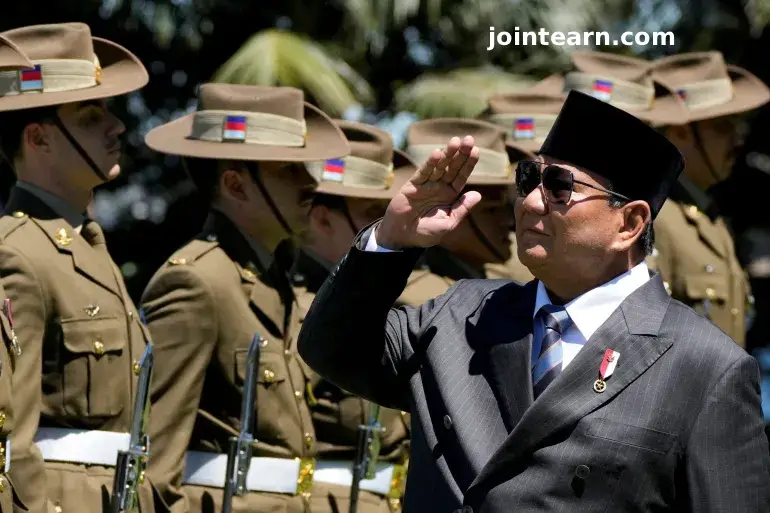
Australia and Indonesia are set to sign a major upgraded defence treaty in January 2026, signaling a “watershed” moment in bilateral security relations. The agreement, approved on Wednesday by Australian Prime Minister Anthony Albanese and Indonesian President Prabowo Subianto, will significantly enhance cooperation on defence and security matters.
Key Provisions of the Defence Pact
The new security treaty will:
- Require Australia and Indonesia to consult regularly at leader and ministerial levels on security concerns.
- Facilitate mutually beneficial security activities between the two nations.
- Commit both countries to consider measures individually or jointly if either believes its security is threatened.
“This treaty recognizes that the best way to maintain peace and stability is by acting together,” said Prime Minister Albanese, describing it as a “new era” in Australia-Indonesia relations. President Prabowo Subianto emphasized the importance of neighbourly support, noting that Indonesian culture stresses helping neighbours during emergencies.
Historical Context
While the full text of the treaty has not been released, it builds on a 1995 security agreement signed by then-Australian Prime Minister Paul Keating and Indonesian President Soeharto, later rescinded due to Australia’s involvement in East Timor peacekeeping operations.
Since East Timor’s independence in 2002, relations between Canberra and Jakarta have improved. Previous agreements include:
- The 2006 Lombok Treaty, establishing foundational security cooperation.
- The 2024 Defence Cooperation Agreement, enhancing military collaboration.
The new treaty expands these commitments, ensuring consultation if security threats arise, and allowing coordinated responses “individually or jointly.”
Strategic Drivers: Regional Security and China
Australia and Indonesia share concerns over China’s growing influence, balancing economic ties with strategic caution. Both countries are wary of China’s expanding military presence in the South China Sea and broader Pacific region.
Former Australian Prime Minister Paul Keating noted that even 30 years ago, both he and Soeharto were concerned about a rising China and Indonesia’s limited ability to defend its sprawling archipelago. The upgraded pact reflects enduring regional strategic considerations while adapting to contemporary security challenges.
Implications for Regional Cooperation
Experts say the treaty strengthens ASEAN security collaboration and reinforces Australia’s role as a regional partner in Southeast Asia. It also signals a shift towards deeper defence integration between two of the region’s most strategically important nations, potentially serving as a framework for future joint military exercises and intelligence sharing.
“This treaty is a recognition that close cooperation in defence and security is essential for regional stability,” Albanese said, underscoring the pact’s significance beyond bilateral relations.
Conclusion
The Australia-Indonesia upgraded defence pact represents a historic step in bilateral and regional security. By formalizing regular consultation, joint threat assessment, and cooperative security measures, the treaty aims to enhance stability in Southeast Asia, address shared strategic concerns, and strengthen the partnership between two influential nations.


Leave a Reply